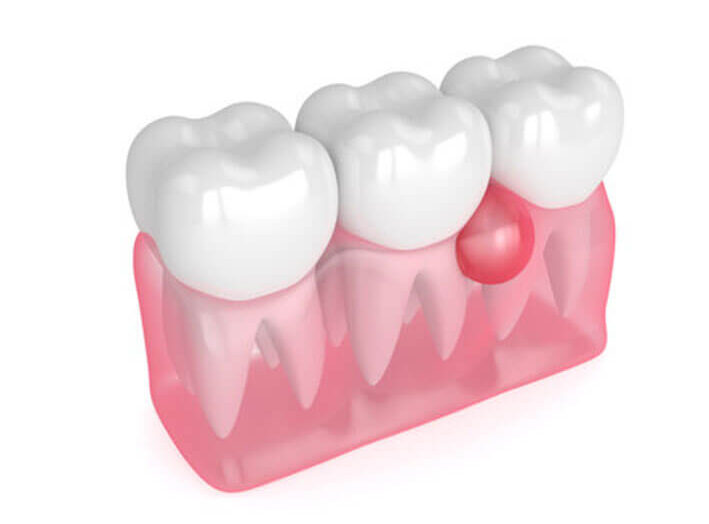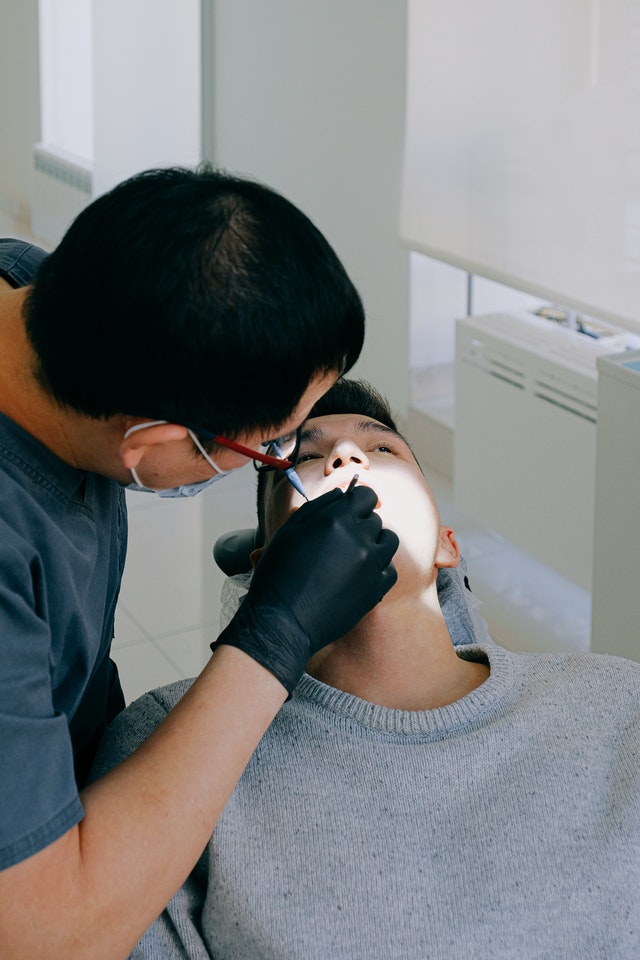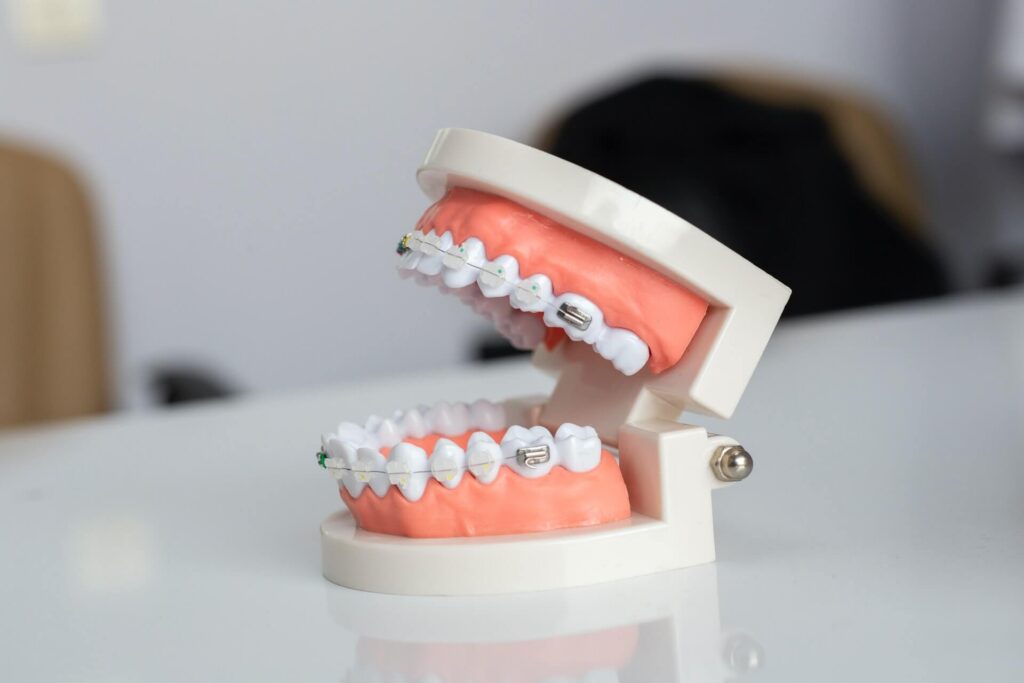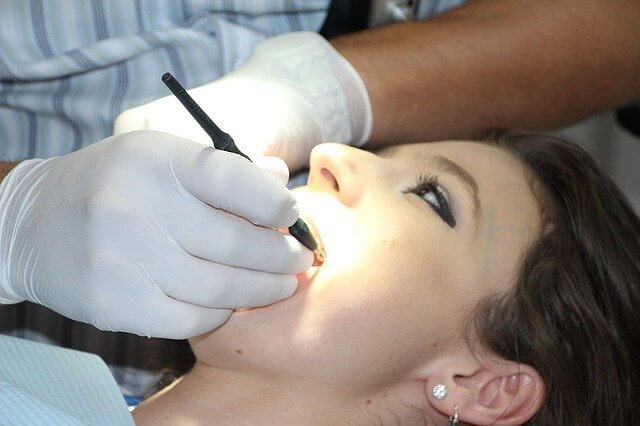When tooth pain strikes, you might find yourself turning to your dentist for help. The dentist or dental technician might administer a nerve block or prescribe some oral medication, but what happens when this treatment fails and the pain persists? This article provides advice on how to resolve tooth pain at home with natural remedies.
Tooth decay
Tooth decay is a condition in which the teeth become soft and decayed. Decay can start with small changes that slowly lead to tooth loss. The process of decay is caused by bacteria that eat away at the tooth’s enamel. If left untreated, tooth decay can cause severe pain and even tooth loss. There are several things you can do to prevent or treat tooth decay.
Here are some tips:
- Get regular dental check-ups. Check for signs of decay such as black spots on your teeth or gum disease. If you have any signs of decay, get treated right away! Dental care can prevent much damage from happening.
- Practice good oral hygiene habits. Keep your teeth clean by brushing twice a day and flossing regularly. Don’t use sugary drinks or foods as oral hygiene products, as they can contribute to tooth decay.
- Avoid tobacco and other harmful substances. These substances can damage your teeth and lead to decay.

Dental abscess
Tooth abscesses can be quite painful and can lead to permanent damage if not treated promptly.
Here are some tips on how to get some relief for tooth abscesses:
- Apply a cold compress to the area around the tooth and the gum line.
- Take antibiotics if the pus appears to be associated with an infection. This will help prevent further damage to the tooth and surrounding tissue.
- If the tooth is severely infected, it may need to be extracted.

Gum disease
Gum disease is the most common oral disease in the United States. It’s caused by bacteria that colonize the gums and cause inflammation and redness. If left untreated, gum disease can lead to tooth loss.
Here are some tips for handling tooth pain from gum disease:
- Avoid drinking cold liquids or eating ice chips because they can worsen symptoms.
- Apply a topical anesthetic such as lidocaine 1% or 2% to the area around the teeth that is hurting. Let it dry before eating or drinking anything.
- Take ibuprofen or acetaminophen (Tylenol) orally if the pain is severe. If the pain is mild, try using over-the-counter hydrocortisone cream (such as Aquaphor).
- If all else fails, see a dentist for an appointment.

Teeth grinding
If you are experiencing tooth pain, one of the first steps is to determine if it is a result of grinding or clenching your teeth. Grinding is when you use your teeth to rub against each other, while clenching is when the muscles in your jaw contract tightly. Both of these activities can cause tooth pain.
There are a few different ways to handle tooth pain when it is caused by grinding or clenching:
- Stop grinding and clenching your teeth. This may take some time, but it will eventually stop causing pain. If this is not possible, try using a dental splint to restrict movement in the jaw.
- Apply ice or cold packs to the area around the teeth that are causing pain. Repeat as needed.
- Take ibuprofen or acetaminophen (Tylenol) and relax for a few minutes before returning to your normal activities.
- See a dentist for an evaluation if the pain does not go away after trying these methods.

Sinus infection
Sinus infections are a fairly common ailment, with around 24 million people in the U.S. experiencing one in a year. And, like most things, there are many ways to treat a sinus infection.
Here are a few tips for dealing with your sinus infection:
- Stay hydrated – Make sure to drink plenty of fluids to keep your body well hydrated during and after your illness. This will help to flush out your system and reduce the chance of developing a sinus infection in the first place.
- Take antibiotics if prescribed – If you are prescribed antibiotics, take them as directed. Overusing antibiotics can lead to antibiotic resistance, which is a serious health concern.
- Get plenty of rest – When you have a sinus infection, it’s important to rest as much as possible to reduce inflammation and allow your body to heal itself.
- Use nasal mist – Many people find that using nasal mist helps clear their sinuses quickly and effectively. Simply spray some of the mist into each nostril twice daily and let it sit for several minutes before breathing through your mouth.
If you experience any of the following symptoms, it is recommended that you seek professional medical attention

Conclusion
If you’re suffering from tooth pain, there are a few things you can do to help reduce the severity and duration of the pain. First, make sure that your dental hygiene is up to par. If you have plaque buildup on your teeth, flossing and brushing twice a day will help remove it. Secondly, if you experience a severe toothache, try taking ibuprofen or acetaminophen as directed by your doctor. Taking these medications early in the pain cycle will often reduce its intensity and duration. Finally, consider seeking dental treatment if the toothache continues unabated for more than two days or worsens with activity or stress. With proper care, most people can manage toothache without resorting to invasive procedures such as root canals or crowns
